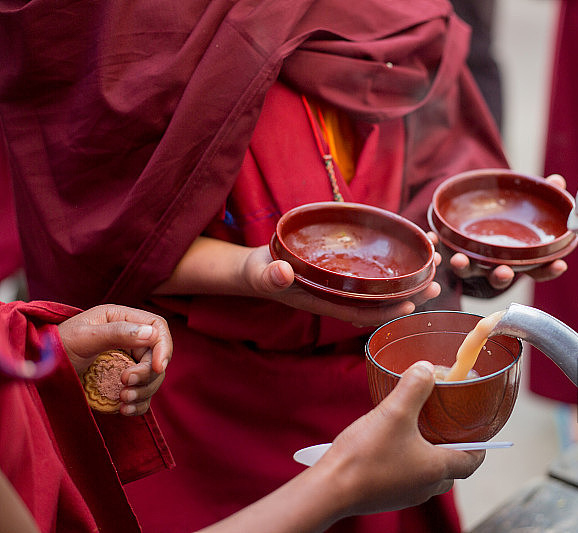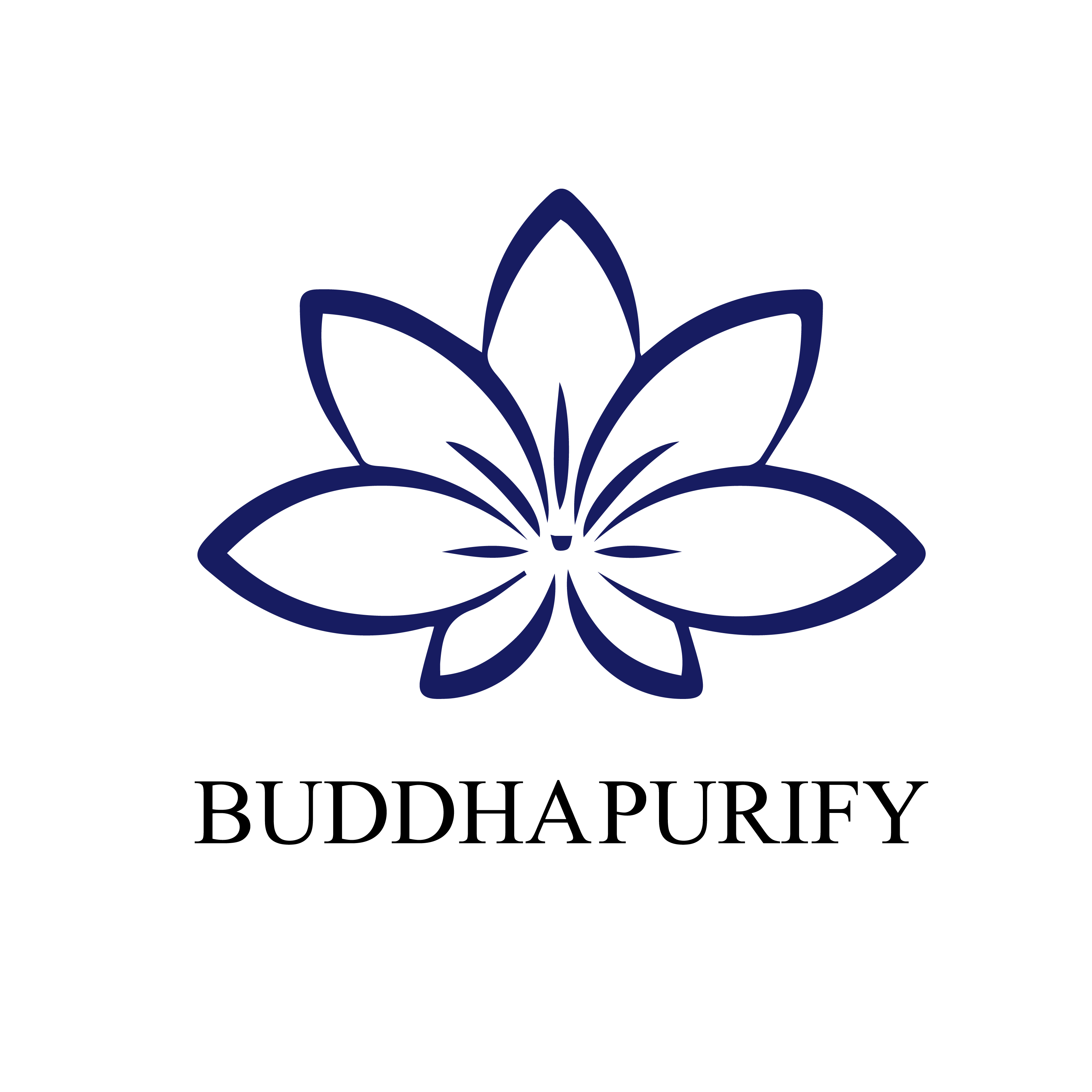Tibetan Customs and Culture
Tibetan Customs and Culture
1. Social Etiquette and Taboos
-
First Meeting: When meeting someone for the first time, avoid calling them by their first name directly, as this is considered impolite. Instead, add "la" after their name, such as calling Gesang "Gesang la," which shows respect.
-
Head Etiquette: In Tibetan culture, it is considered very impolite for others to touch one's head, except for elders and high lamas.
-
Tongue Gesture: If a local person sticks out their tongue at you, it is a sign of respect and welcome. You can nod in response.
-
Female Behavior: Women should not shake their skirts in front of Tibetan people, as this gesture is believed to bring misfortune.
-
Visiting and Farewell: When visiting a Tibetan household or saying goodbye, you can use the blessing phrase "Tashi Delek" (Wishing you happiness and prosperity).
-
Seating: When visiting a Tibetan home, sit cross-legged when invited by the host, and avoid placing the soles of your feet towards others. Men should sit on the left side, and women on the right. Avoid looking around too much, stepping on or sitting on the threshold, and crossing over the hearth, as these actions are considered inauspicious.
-
Offering Khata: Offering Khata (a traditional ceremonial scarf) is a common Tibetan custom. When receiving a Khata from an elder, do not use both hands to take it; instead, bow and let them place it around your neck. If it is offered by a younger person, you can accept it with both hands. When offering Khata to peers or younger individuals, you can also drape it around their neck, but bow and extend your arms, ensuring the Khata is held above your head to show respect.

2. Folk Customs and Taboos
-
Prayer Flags: Prayer flags, or Wind Horse flags, are often seen on trees, mountains, and rooftops, inscribed with the Six Syllable Mantra. Tibetans believe that each flutter of the flags represents a recitation of a prayer. Avoid touching or moving these flags during travel.
-
Animal Cloth: If you see red, yellow, or green cloth on cows or sheep in the countryside, do not drive them away. These cloths are usually offerings to deities, indicating that the animals have been released.
-
Temple Etiquette: Before visiting a temple, avoid eating garlic, as consuming it is particularly taboo. When entering a temple, remove hats and sunglasses, and avoid wearing revealing clothing like short skirts or shorts. Young male monks are called "Zhaba" or "Aka" in Gannan and Qinghai, while females are collectively called "Jue Mu." Older monks are generally addressed as "Rinpoche." In temples, you can refer to all monks as "Master."
-
Temple Behavior: Do not smoke, touch statues, or handle scriptures in temples. Avoid touching lamas’ protective charms or prayer beads, and maintain silence. Photography and videography are not allowed inside the Buddha hall without permission. Walk clockwise around sacred objects and avoid stepping over ritual items and fire pits.
-
Dogs and Pilgrimages: Do not chase or hit dogs. Similarly, when following pilgrims or circumambulating sacred sites, always walk clockwise, not counterclockwise. Do not take photos of people prostrating.
-
Household Markers: If you see a fire or tree branches with a red cloth at someone's door, it indicates that there is a sick person or a woman in childbirth inside. Do not enter under these circumstances.
-
Mani Stones: Mani piles, found throughout Tibet, are used for making prayers and are engraved with symbols and texts. Do not step on or climb over them, and do not take stones as souvenirs.
-
High Mountain Etiquette: Do not make loud noises when crossing high mountains, as it is believed to attract storms or hail.
-
Wildlife Products: Do not purchase wildlife products such as antelope horns or yak skulls. This is considered supporting poaching activities, and possessing such items may lead to trouble.
-
Tibetan Script Paper: Do not use paper with Tibetan writing to wipe your hands or clean objects.

3. Dietary Taboos
-
Prohibition of Killing: Tibetans have a strong aversion to killing. They do not eat horse meat, donkey meat, or dog meat, and most do not eat fish. Violating this is believed to deepen one's sins and hinder rebirth.
-
Eating Etiquette: During meals, avoid filling your mouth completely, making noise while chewing or drinking, and reaching across the plate. Do not throw bones into the fire, as this is believed to attract ghosts.
-
Gender Taboos: Avoid mixing tsampa (barley flour) in the same bowl with the opposite sex, especially if you are not familiar with them.
-
Butter Tea: When drinking butter tea, wait for the host to bring it to you with both hands before accepting it with both hands and drinking. If you do not wish to continue drinking, do not turn the cup upside down on the table, as this is reserved for deceased individuals.
-
Barley Wine: When offered barley wine by a Tibetan friend, do not drink it all at once. Dip your ring finger into the wine and flick it three times into the air as an offering to the heavens and ancestors, then sip gently. The host will refill your cup three times; you must finish the fourth cup in one go, or the host might think you are disrespecting them.
At Buddha Purify, we are committed to using Tibetan culture as the foundation to deepen our understanding of spiritual practices and bring them to a broader audience. Our mission is to expand awareness about Tibetan spiritual artifacts and practices, offering insights into how these ancient traditions can enhance modern lives.
We focus on a wide range of products that reflect the profound elements of Tibetan spirituality. Our collection includes Buddhist beads, Buddha pendants, and spiritual jewelry, each designed to assist with meditation, spiritual cleansing, and mindfulness. These items are more than mere accessories—they are integral tools for spiritual growth, helping individuals achieve karma balancing and energy purification.
By emphasizing the Tibetan Zen lifestyle and its connection to holistic wellness, we aim to share the transformative power of these practices. Our meditation accessories and mindfulness products are crafted to support users in their journey towards spiritual enlightenment, promoting a deeper understanding of themselves and their path.
Buddha Purify is not just about offering products; it's about creating a bridge between Tibetan traditions and contemporary spiritual needs. We strive to foster a greater appreciation of Tibetan culture's spiritual depth and cultural richness. Through our efforts, we hope to inspire individuals around the world to embrace a conscious way of living, enriched by the wisdom and practices of Tibetan Buddhism.






